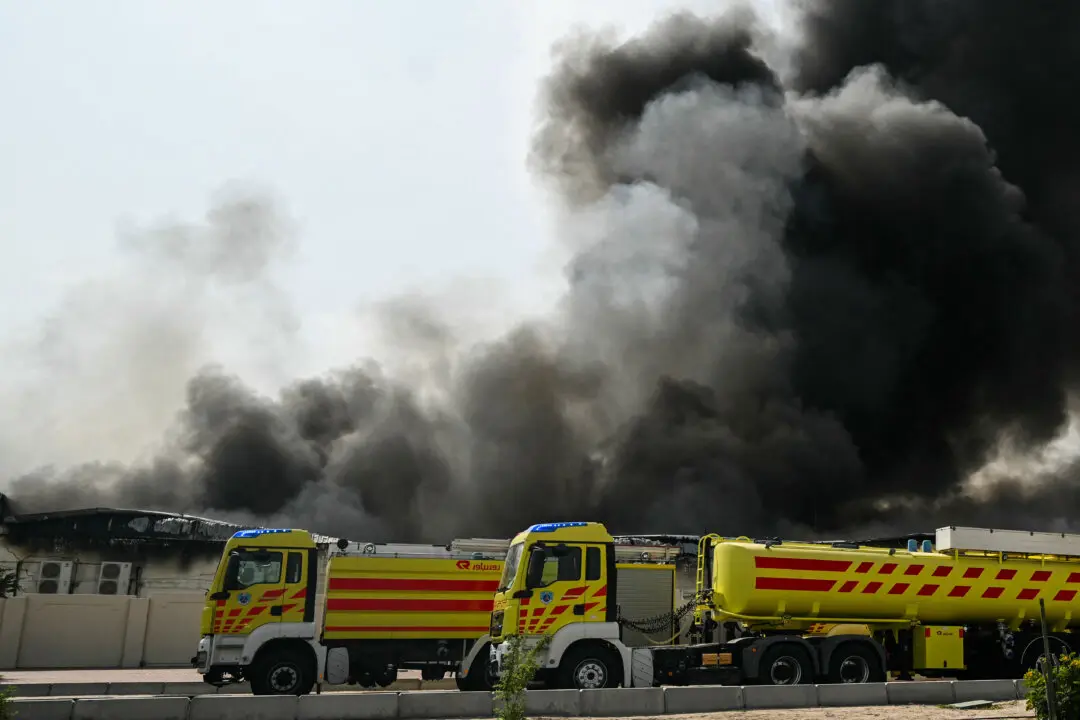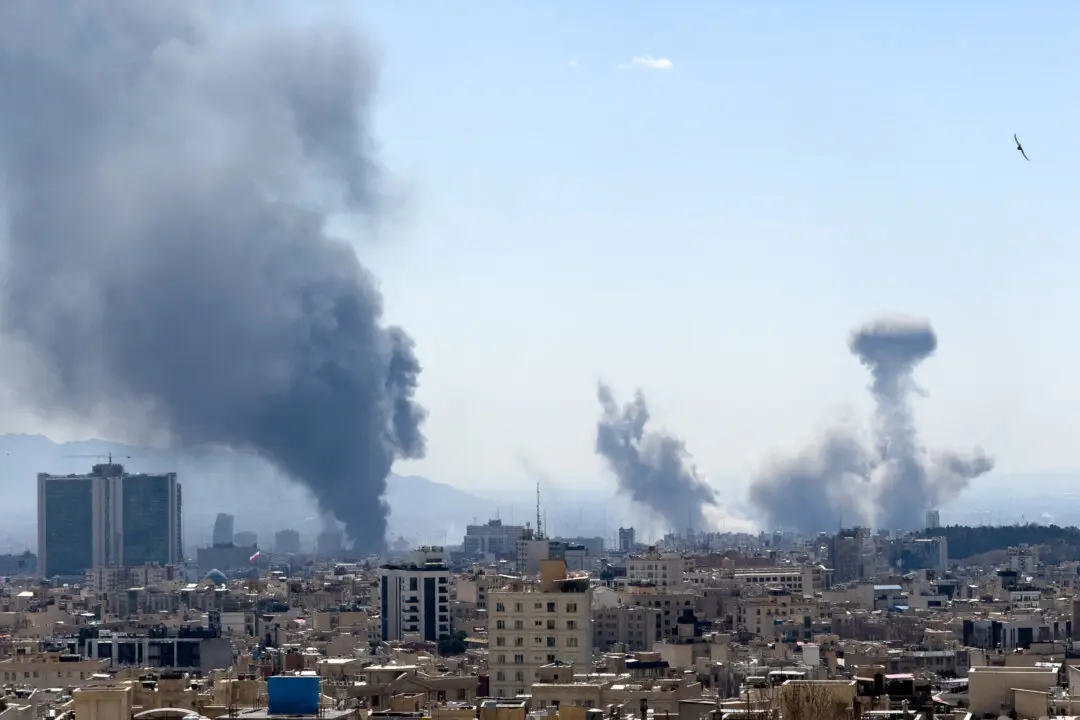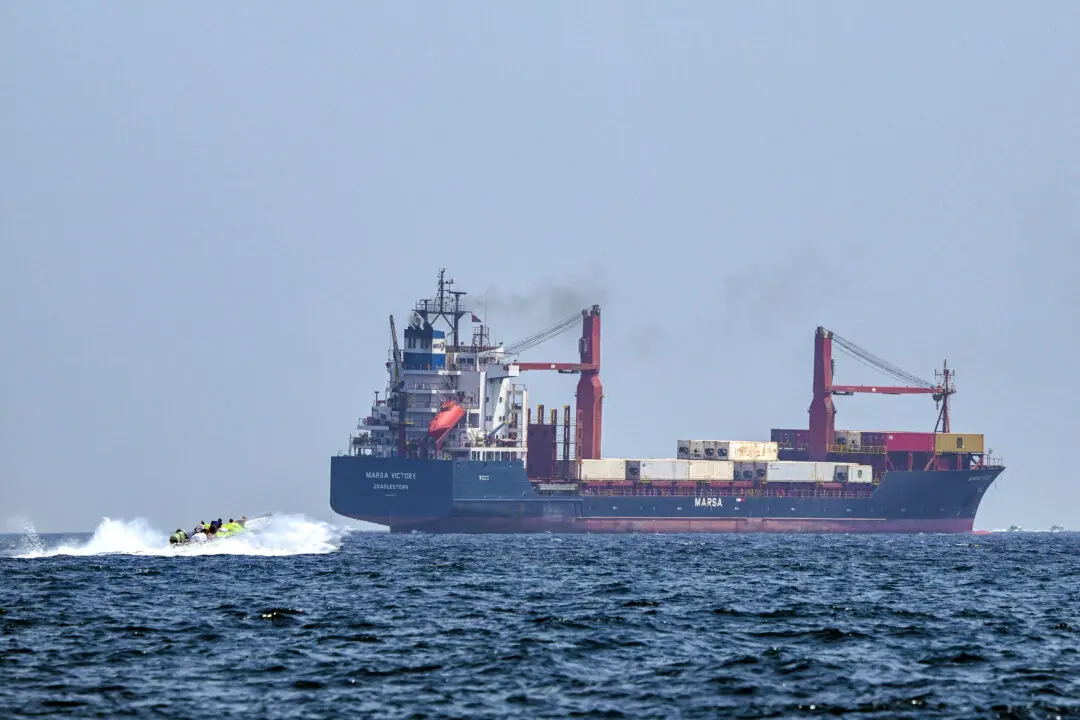ALEXANDRIA, Va.—Russian business analyst Igor Danchenko may be the defendant, but the government’s first witness called to testify against him often appeared to be the one on trial during the first two days of often confounding and dense deliberations delving into the dusky origins of the debunked Steele Dossier.
FBI supervisory counterintelligence analyst Brian Auten was on the stand for more than nine hours on Oct. 12 and Oct. 13 before U.S. Eastern District of Virginia Judge Anthony Trenga.





